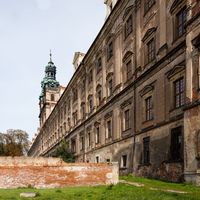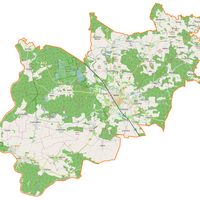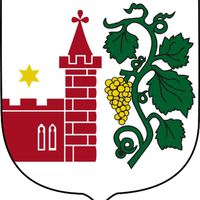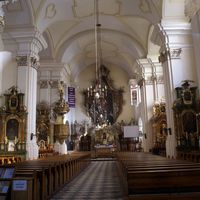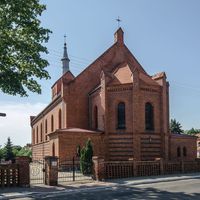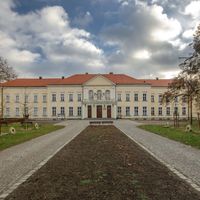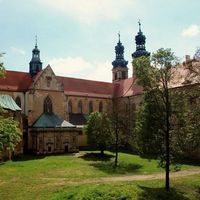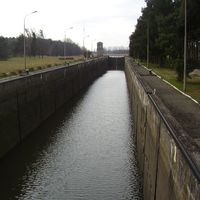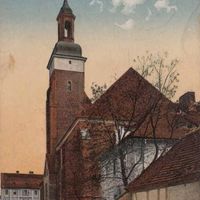Wolow County
6.94
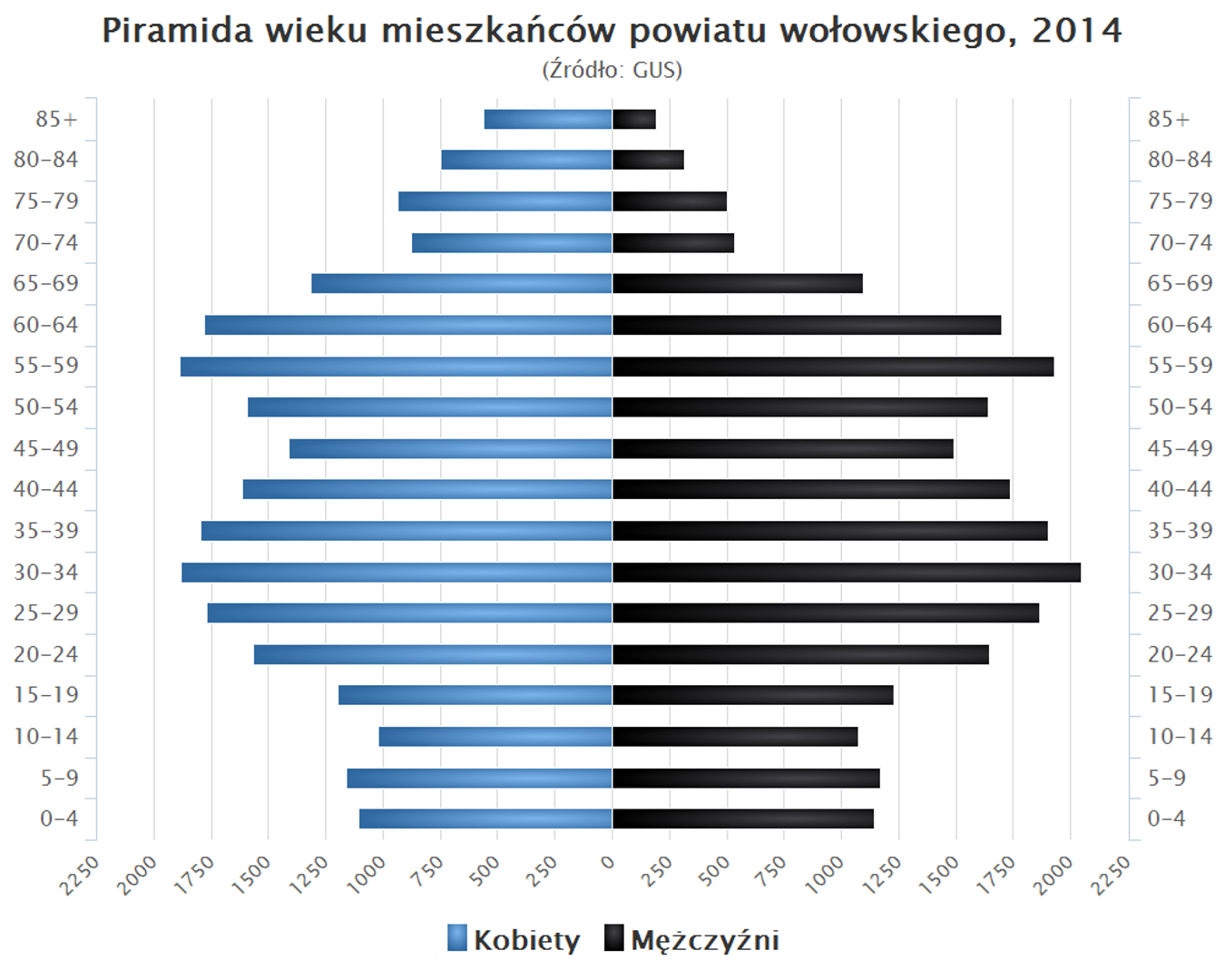
Overview
Wołów County, located in the Lower Silesian Voivodeship, had a population of approximately 46,725 as of June 30, 2020. Its history dates back to pre-war times when it underwent numerous administrative reforms, which altered both its borders and name. Until 1945, the county seat was located in Trzebnica and Lignica, and after the war, it was incorporated into the Wrocław Voivodeship. In 1975, the county was abolished and then reestablished in 1998 without some of its former territories. Currently, the county seat is the town of Wołów, and it includes urban-rural and rural municipalities, such as Brzeg Dolny and Wińsko. The county borders five other counties, including Legnica and Lubin. Wołów County features diverse architecture that reflects the region's rich history. Among its monuments are numerous wooden churches and neoclassical buildings, which bear witness to bygone eras. The county's culture is vibrant and varied, with influences from both rural and urban traditions, evident in local festivals, events, and customs. Schools and associations also contribute to cultural life by organizing various activities for residents. Wołów County faces economic challenges, including unemployment, which stood at 10.5% of the economically active population at the end of September 2019, translating to approximately 1,800 registered unemployed individuals. This indicates that the region is making efforts to improve its economic situation, though these challenges remain complex. An interesting aspect is the demographic diversity of its residents, which contributes to the region's rich cultural mosaic. The county features rugged terrain near picturesque rivers, making it an attraction for both tourists and residents seeking outdoor recreation. The administrators of Wołów County have gone through various stages in their tenure, from Jacek Włosek to the current starost, Janusz Dziarski, reflecting the dynamic development of local governance structures. The region is home to many local communities that preserve traditional ways of life and culture, making Wołów County a place where the past meets modernity.
Location
Country
2026 Wizytor | All Rights Reserved
